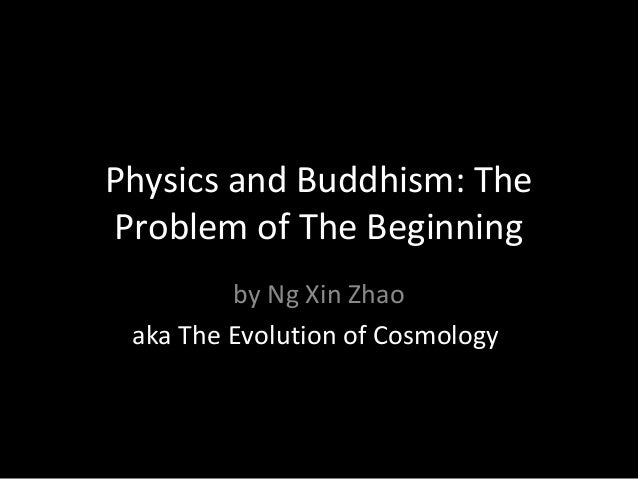
Budda Dn Slajd
Many downloads like Unraid Pro may also include a serial number, cd key or keygen. Your search term for Unraid Pro will return more accurate download results if you exclude using keywords like: crack, serial, activation, code, download, keygen, etc. If this is the case it is usually included in the full crack download archive itself. Otherwise you can try the serial site linked below. Divx converter 6 serial downloads. If you are still having trouble finding Unraid Pro after simplifying your search term then we highly recommend using the alternative full download sites (linked above).
The references to DN, Iti, Khp, and MN, discourse (sutta); in the references to AN, Cp. The account of the Awakening and the Buddha's success in leading others to. If he lets the matter slide now, Y will have the advantage in any. Search the history of over 345 billion web pages on the Internet.
The Digha Nikaya (dīghanikāya; 'Collection of Long Discourses') is a scripture, the first of the five, or collections, in the, which is one of the 'three baskets' that compose the of () Buddhism. Some of the most commonly referenced from the Digha Nikaya include the (DN 16), which described the final days and death of the Buddha, the (DN 31) in which the Buddha discusses ethics and practices for lay followers, and the (DN 2), (DN 1) which describes and compares the point of view of Buddha and other ascetics in India about the universe and time (past, present, and future); and the (DN 9) Suttas, which describe the benefits and practice of meditation. The Digha Nikaya consists of 34 discourses, broken into three groups: • Silakkhandha-vagga—The Division Concerning Morality (suttas 1-13); named after a tract on monks' morality that occurs in each of its suttas (in theory; in practice it is not written out in full in all of them); in most of them it leads on to the (the main attainments of meditation), the cultivation of psychic powers and becoming an.
• Maha-vagga—The Great Division (suttas 14-23) • Patika-vagga—The Patika Division (suttas 24-34). Complete Translations: • Dialogues of the Buddha, tr T. Rhys Davids, 1899–1921, 3 volumes,,,,. • Thus Have I Heard: the Long Discourses of the Buddha, tr Maurice Walshe, Wisdom Pubs, 1987; later reissued under the original subtitle; • The Long Discourses, tr Bhikkhu Sujato, 2018, and released into the. Selections: • The Buddha's Philosophy of Man, Rhys Davids tr, rev Trevor Ling, Everyman, out of print; 10 suttas including 2, 16, 22, 31 • Long Discourses of the Buddha, tr Mrs A. Bennett, Bombay, 1964; 1-16 • Ten Suttas from Digha Nikaya, Burma Pitaka Association, Rangoon, 1984; 1, 2, 9, 15, 16, 22, 26, 28-9, 31.
Retrieved 2015-12-12. Retrieved 2015-12-12. Sutta Central. Retrieved 2015-12-15.
Sutta Central. Retrieved 2015-12-15. Sutta Central. Retrieved 2015-12-27. Sutta Central. Retrieved 2015-12-15.
Sutta Central. Retrieved 2015-12-15. • (1997), How Buddhism Began: The Conditioned Genesis of the Early Teachings, New Delhi: Munshiram Manoharlal Publishers Pvt. Ltd., • Journal of the Pali Text Society, volume XXVIII • Malalasekera, Dictionary of Pali Proper Names, volume II, page 564 • Skilling, Mahasutras, volume II, parts I & II, 1997, Pali Text Society, Bristol, pages 84n, 553ff, 617ff • Pali oral literature, in Buddhist Studies, ed Denwood & Piatigorski, Curzon, London, 1982/3 •. Retrieved 2015-12-12.
View the key web metrics of Mytreedb.com, such as ranks, visitors and social engagement, in comparison with the stats of thematically similar sites. Treedbnotes serial key download.
• A Dictionary of Buddhism, by Damien Keown, Oxford University Press: 2004.
The Buddha requested this a basic principle, not to harm life. I really do not understand why people who dislike this simple principle are still wanting to call themselves 'buddhist'. Does it give money? Moreover, even if one does not really understand the reason for the radicality of this precept: we should take it as a gift.

Because it means, by keeping this principle any buddhist signals you need not have fear when you hear his/her feet in the night, forest, in the war (remember only the war in vietnam as reported by Chan Khong): there are some, who do not want kill you. – Oct 17 '15 at 6:45.
If someone is attacking you to kill you should you defend yourself? I think yes, you may. Our religion has never stopped us from doing that. Would it be ethical to kill an intruder coming into your home? You may stop an intruder forcefully. Our religion has never stopped us from doing that. But for me, being Buddhist, the answer will not end there.
Both (two above lines) questions are based on teaching of Ahimsa (not to injure). If it is so then it is important to know how we interpret this teaching. Following are some of the points we can consider- • Buddhism is a religion of principles and not rules. (yes there are rules as code of conduct, but it is not religion of rules). It teaches you basic principles and you are expected to make the decision on basis of that according to the context. • Buddhism is religion with 'Metta' (unconditional love).
You even are expected to love your enemy. But you are not prohibited from defending yourself. • Ahimsa in Buddhism is not the same as it is in Jainism.
These are the points in short based on which I said you can physically defend and you are not stopped by Buddhism from doing so. I don't want to say that you should (or even you can) kill. But you may defend. Ambedkar's discussion on Ahimsa is very enlightening in this regard. You can find it here. It is a good read and the best part is it covers the whole debate in two pages. I also found interesting discussing the same point.